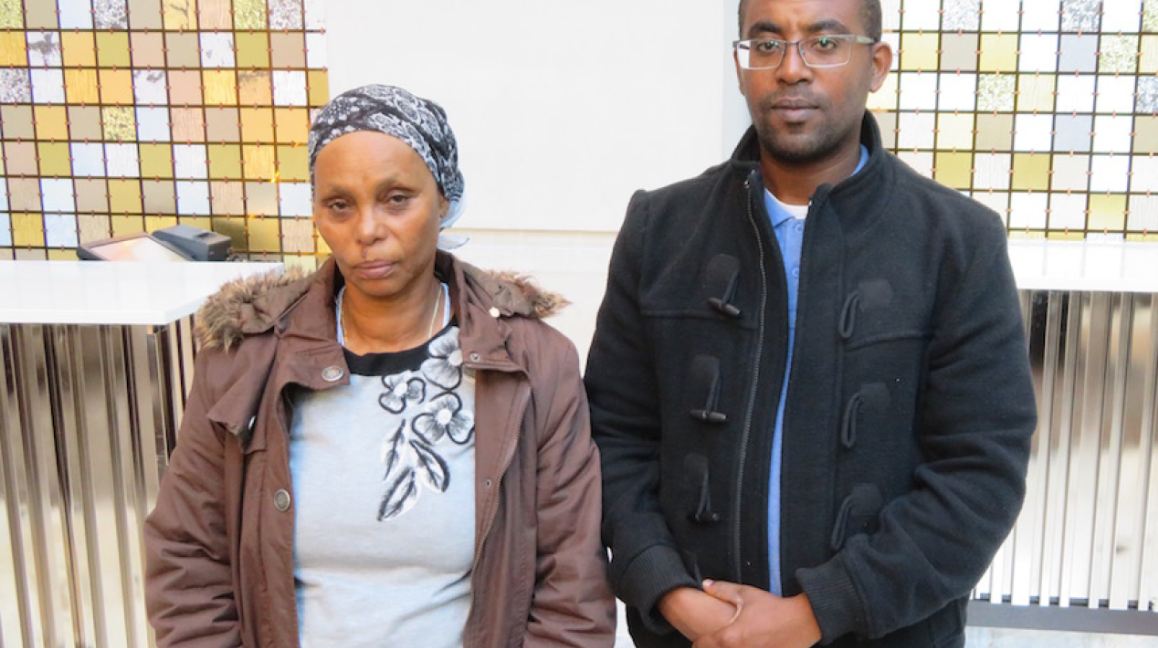As Israel turns 70 this year, I can’t help but feel proud. It was hard for me to really understand what Israel was when I started learning about it in Hebrew school. Reading about it in textbooks and looking at pictures was fun but too abstract. Growing up in New Jersey, Israel seemed so far away. It would take one trip, then another, and even some living there for Israel to take on the important meaning it has for me today.
The transformation began in the summer of 2004 when I went on Birthright. Being in Israel for the first time allowed me to experience the country first hand and walk on the land my ancestors walked on. We toured Jerusalem, Tel Aviv, Tzfat, the Golan, and the Dead Sea. Israel’s history was brought to life for me on that trip.
Every day was filled with meaning and connection. One day, we were standing on the beautiful hills in the north for which the Israeli army fought so hard. The landscape was incredible, like nothing I’d ever seen! Another day, we were able to sit in the room where David Ben Gurion declared Israeli independence.
Jerusalem was a highlight. I loved walking through the streets of the ancient city and seeing the Kotel, the Western Wall, for the first time. Traditionally, people write prayers on little pieces of paper and put them in the cracks of the wall. I wrote my own prayers to put in the wall, prayers wishing myself and family good health, peace, clarity for achieving goals and dreams, and that I would find the right partner in the right time.
A few years later, I went on a second trip to Israel with a group of teachers from the Philadelphia area. Unlike on my first trip to Israel, I was able to interact with more native Israelis, including Israeli Arabs in Metula and school teachers in Sderot. Visiting Yad LaKashish, where elderly and disabled residents of Jerusalem learn how to make art, was inspiring. Five days a week they participate in various workshops, including bookbinding, needlework, ceramics, silk-painting, metalwork. While we were there, we spoke with some of the residents and made food for them. This organization allows them to have a quality of life that they wouldn’t have otherwise.
My first Shabbat in Jerusalem was remarkable. Jerusalem is truly a mix of the old and new. The new part of Jerusalem has lots of shops, cafes, and music, while the Old City features tight alleys and small quarters. While walking from Armon Hanatziv (a newer section of Jerusalem) to the Old City, I noticed how quiet it was. As Shabbat approaches, businesses close and there are fewer cars driving on the streets. There was a tranquility that I’d never felt celebrating Shabbat in the U.S. When I arrived at the Kotel, all I could hear were voices, the voices of people praying. People from all over the world were together singing in unity. We joined a group of young women in prayer and we sang and danced with them. I felt fortunate to have the ability to be there where so many before me had prayed. I could feel an attachment to the Jewish community at large. From that moment on, I chose to find little ways that I could make each Shabbat special, such as reading a particular book only on Shabbat or wearing certain clothes.
The people of Israel are quite unique. Israelis come from many different areas: Europe, Africa, Asia, Australia, and North and South America. I loved that Israeli food is a fusion of various cultures. I felt that I was accepted into the overall Israeli-Jewish society, though, it seemed that most people were not used to seeing someone with my color skin who was Jewish and not Ethiopian. In fact, Ethiopians would, sometimes, stop me on the street, thinking I was also Ethiopian and ask me questions in Amharic.
I now live back in the U.S. but Israel is still home to me. I think about it every day. It is a truly special place with special people. There is something unique about living in a country that celebrates all of the Jewish holidays and welcomes all Jews. As Israel celebrates its 70th birthday, I am reminded of the significance of this number. The number 70 is very meaningful corresponding to the letter ע (ayin), the 70 nations, 70 languages, יין (wine), and the 70 facets of the Torah. May Israel continue to grow and may we all one day live in peace.







